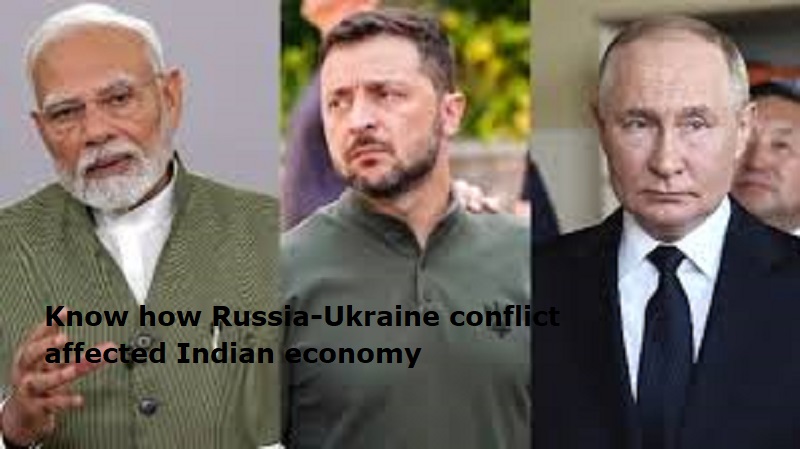
New Delhi: The Russia-Ukraine war, which erupted in February 2022 has affected the global economy. The conflict had a significant impact on Indian economy too. The conflict has caused disruptions to supply chains, increased input costs, and reduced demand for exports.
The Russia-Ukraine conflict has disrupted global supply chains, particularly in energy markets, significantly affecting India’s imports and inflation. However, despite these global disruptions, India has demonstrated remarkable resilience in managing its economic challenges. The government has not only tackled inflationary pressures but also kept oil prices relatively stable through strategic diplomatic efforts and smart economic policies.
Russia is one of the world’s largest oil producer . India imports about 2% of its oil needs and $1 billion worth of coal from Russia per year. Indian oil companies hold multibillion-dollar investments in Russian oil fields. Russian oil giant Rosneft has a controlling stake in the 20 million metric tons per year of India’s Nayara Energy.
Also Read: Jharkhand Assembly Election: BJP launches ‘Mila Kya’ campaign against JMM government
During this crisis, India managed to secure discounted Russian oil, mitigating the full impact of price hikes. Additionally, India used its diplomatic channels effectively to strike a balance between its relations with the West and its need to maintain critical energy imports from Russia. This approach has been key to ensuring that fuel prices within India while rising, did not spiral out of control as seen in other countries.
The Modi government increased oil imports from Russia from almost negligible levels to making Russia one of the top oil suppliers to India. This has helped India maintain a steady oil supply while keeping the domestic price increases within manageable limits.
Moreover, the Indian government introduced various fuel subsidies, reducing the burden on consumers. While these subsidies did redirect funds from other welfare programmes, they prevented an even greater inflationary surge and protected millions of Indian households from crippling fuel costs. The government’s calibrated approach ensured that inflation, while still a concern, did not reach levels that would destabilise the economy.

Post Your Comments